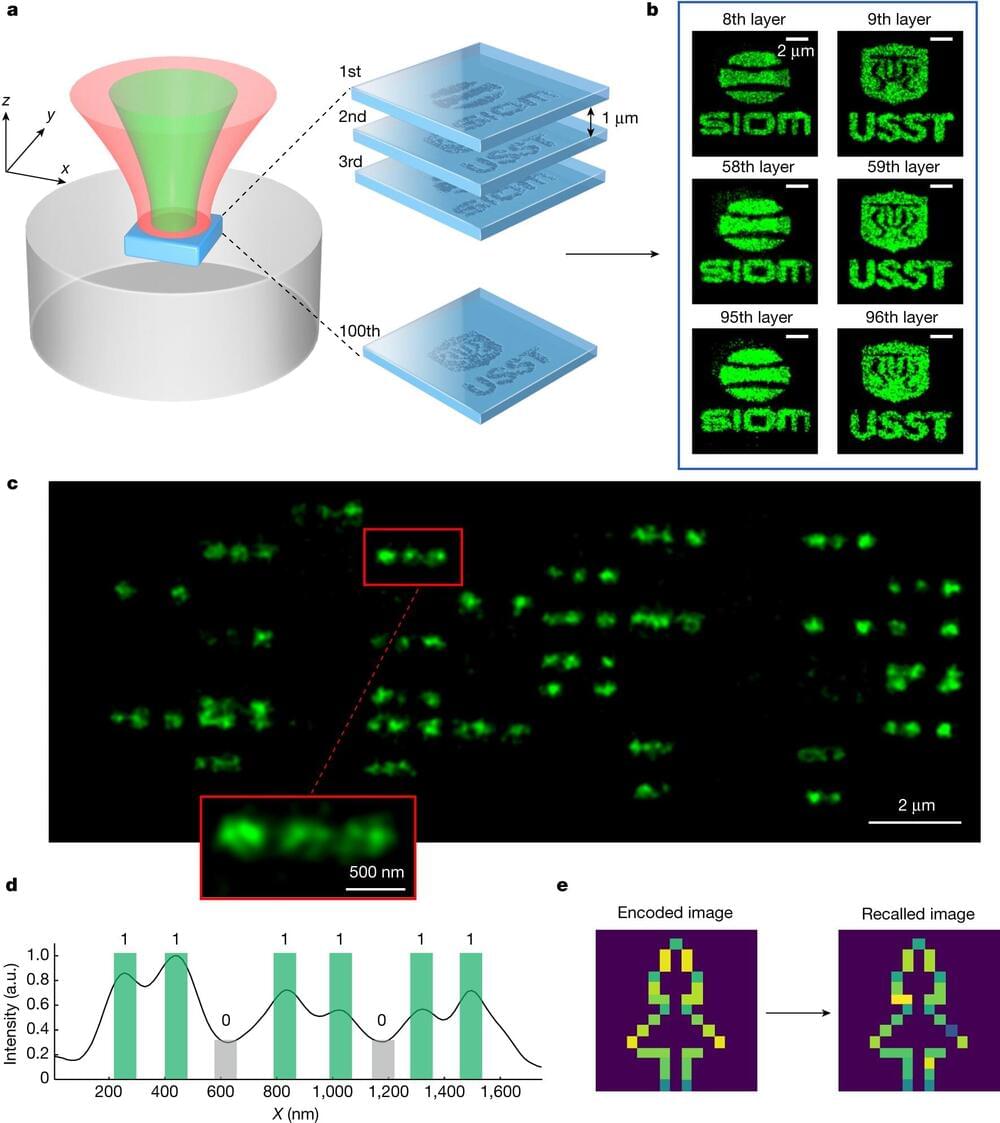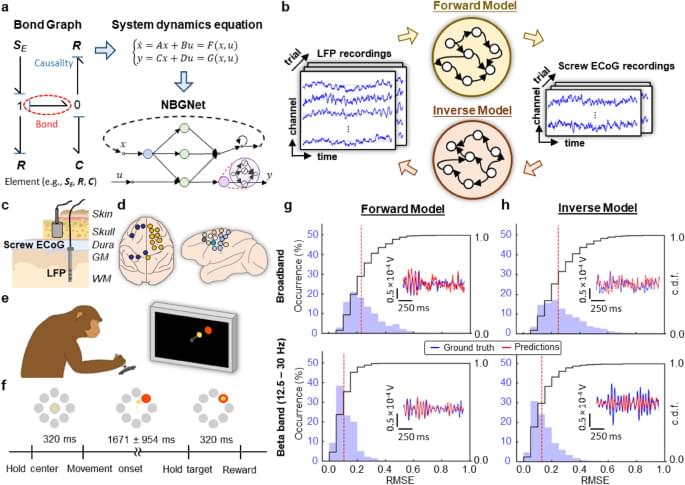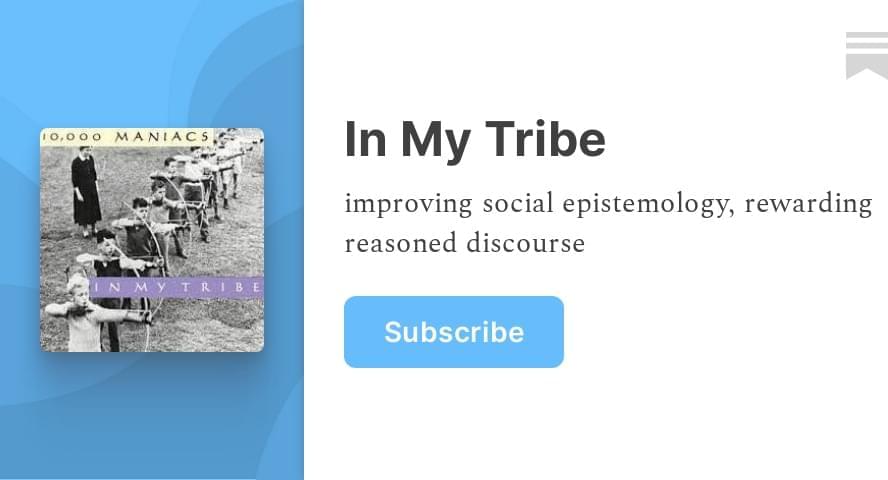Elon Musk is suing OpenAI and Sam Altman for allegedly abandoning OpenAI’s original mission to develop artificial intelligence to benefit humanity.
“OpenAI, Inc. has been transformed into a closed-source de facto subsidiary of the largest technology company in the world: Microsoft,” Musk’s lawyers wrote in the lawsuit, which was filed late on Thursday in San Francisco.
“Under its new board, it is not just developing but is refining an AGI [Artificial General Intelligence] to maximize profits for Microsoft, rather than for the benefit of humanity,” claims the filing. “On information and belief, GPT-4 is an AGI algorithm.”





